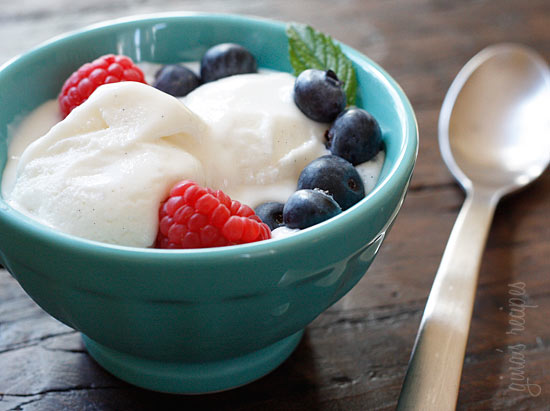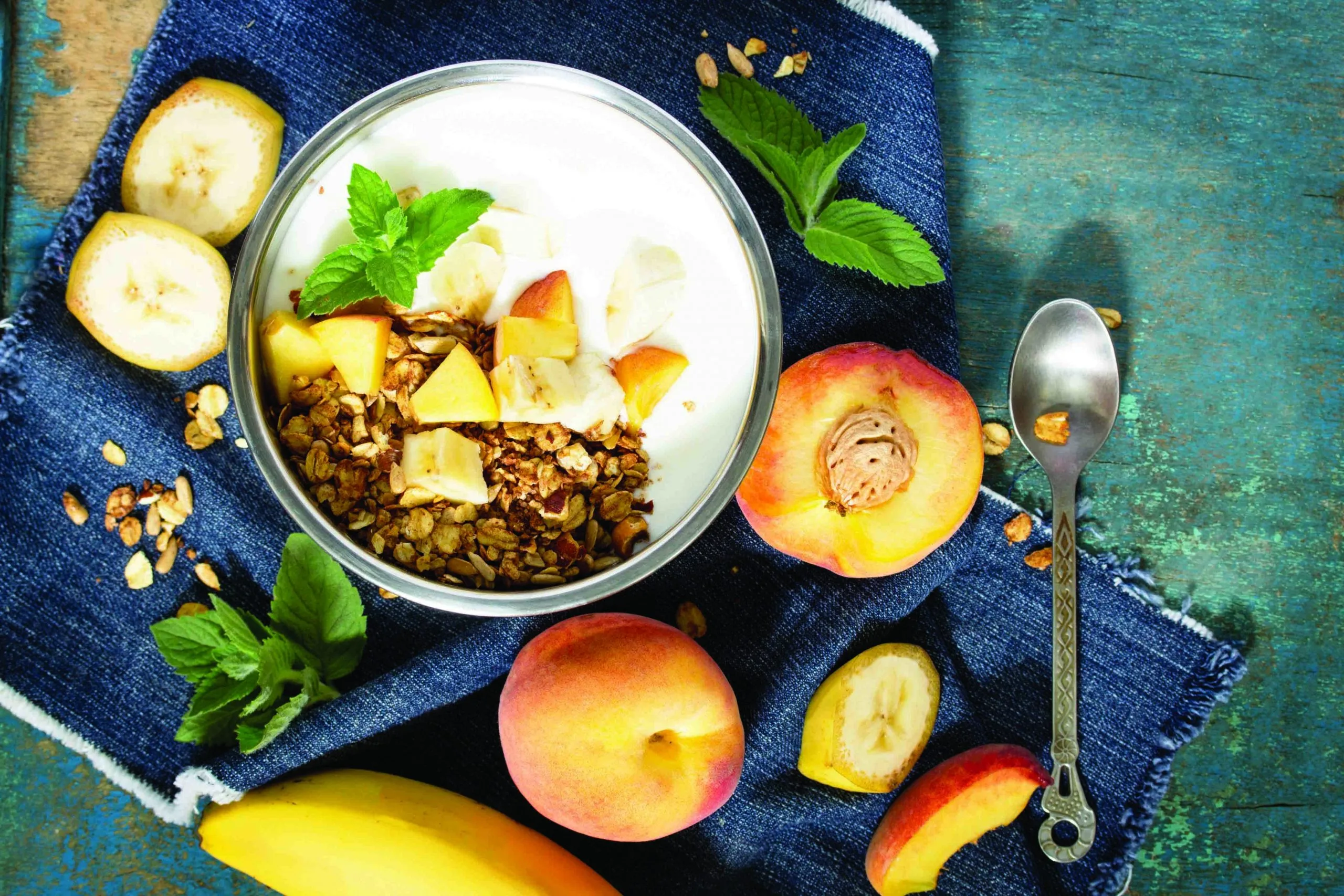Have you ever heard the saying, “You are what you eat”? Well, when it comes to anti-aging and youthful skin, this statement holds true. What we put into our bodies can have a significant impact on the health and appearance of our skin. One way to promote healthy and youthful skin is by incorporating probiotic-rich foods into our diets. Probiotics are live microorganisms that provide numerous health benefits, including improving gut health, boosting immunity, and promoting skin health. Longevity Live Paid Content.
In this article, we will discuss four probiotic-rich foods that can help to promote anti-aging and youthful skin. These foods include kefir, sauerkraut, miso, and yogurt. Each of these foods contains a variety of beneficial bacteria that can help to improve digestion, reduce inflammation, and promote healthy skin. So, whether you are looking to improve your overall health or simply want to achieve a more youthful and radiant complexion, adding these probiotic-rich foods to your diet is a great place to start.
1. Kefir: The Ultimate Probiotic Powerhouse
Get ready to boost your gut health and skin radiance with kefir, the ultimate probiotic powerhouse! Kefir is a fermented milk drink that has been consumed for centuries due to its numerous health benefits. It is rich in probiotics, which are known to improve gut health, boost immunity, and promote skin health.
Kefir is made by adding kefir grains to milk, which are a combination of bacteria and yeast that ferment the milk. The fermentation process produces lactic acid, which gives kefir its tangy flavor. Kefir is also rich in vitamins and minerals, such as calcium and vitamin B12, which are essential for healthy skin and overall health. If you want to improve your gut health and achieve youthful, glowing skin, kefir is a must-try!
2. Sauerkraut: A Tangy and Nutritious Delight
Sauerkraut is a tangy and nutritious delight that can add a burst of flavor to any meal. It is traditional fermented food made from cabbage, salt, and water. The fermentation process allows the natural bacteria to break down the sugars in the cabbage, producing a sour and tangy flavor. This fermentation process also creates a variety of beneficial probiotics that can improve gut health and boost the immune system.
Sauerkraut is not only delicious but also packed with nutrients. It is high in vitamin C, which is essential for collagen production, a protein that gives skin its elasticity. Vitamin C also helps protect the skin from damage caused by free radicals. Additionally, sauerkraut is rich in fiber, which supports healthy digestion and can help prevent constipation and bloating. Incorporating sauerkraut into your diet can be a simple and tasty way to support overall health and promote youthful, glowing skin.
3. Miso: A Japanese Superfood for Skin Health
Indulge in the savory and versatile flavor of miso, a Japanese superfood that has been used for centuries to promote overall health and wellness. Made from fermented soybeans, miso is a probiotic-rich food that is loaded with beneficial bacteria to improve digestion, boost immunity, and support youthful skin.
Miso is also packed with antioxidants such as vitamin E, which helps to fight free radicals and prevent premature aging. It contains collagen-boosting amino acids like proline and glycine, which are essential for maintaining healthy and youthful-looking skin. Miso is a great addition to soups, marinades, dressings, and sauces, and can be used as a healthy alternative to salt to add flavor to your dishes.
So why not give miso a try and reap the many benefits of this delicious and nutritious Japanese superfood?

Low-fat-frozen-yogurt
4. Yogurt: The Classic Probiotic for Skin Rejuvenation
Yogurt, a classic food for promoting digestive health, has been shown to have rejuvenating effects on the skin. This is because it contains probiotics, or live bacteria that are beneficial to our gut microbiome. When we consume probiotics, they help to balance the bacteria in our gut, which in turn can improve our overall health, including the health of our skin.
In addition to promoting a healthy gut microbiome, the probiotics found in yogurt can also help to improve the appearance of our skin. Probiotics have been shown to have anti-inflammatory and antioxidant properties, which can help to protect our skin from damage caused by free radicals and inflammation. In fact, some studies have even found that probiotics can help to improve the texture and firmness of our skin, as well as reduce the appearance of fine lines and wrinkles.
So, if you’re looking for a simple and delicious way to promote youthful, glowing skin, try adding some probiotic-rich yogurt to your diet!
Frequently Asked Questions
What are probiotics, and how do they benefit the skin?
Probiotics are live microorganisms that can confer health benefits when consumed. They can help balance the gut microbiome, improve digestion, and strengthen the immune system. When applied topically, they can also improve skin health by reducing inflammation and promoting hydration.
Are there any potential side effects of consuming probiotic-rich foods?
There are potential side effects of consuming probiotic-rich foods, such as bloating, gas, and diarrhea. However, these are usually mild and temporary. It’s important to talk to a doctor before adding probiotics to your diet.
Can probiotic-rich foods alone improve the appearance of aging skin?
Probiotic-rich foods alone may not significantly improve aging skin’s appearance. However, incorporating them into a balanced diet can support overall skin health and possibly enhance the efficacy of topical skincare products.
How much of these probiotic-rich foods should be consumed daily for maximum benefits?
To reap the maximum benefits of probiotic-rich foods for youthful skin, it is recommended to consume them daily in moderate amounts. However, the exact amount varies depending on individual needs and dietary habits.
Are there any specific strains of probiotics that are more beneficial for skin health than others?
There is some evidence that certain probiotic strains, such as Lactobacillus and Bifidobacterium, may be particularly beneficial for skin health. However, more research is needed to determine which strains are most effective.
Conclusion
So, there you have it! Incorporating probiotic-rich foods into your diet can do wonders for your skin, helping to fight the signs of aging and promoting a youthful glow. Kefir, sauerkraut, miso, and yogurt are just a few of the options available, each with its own unique set of benefits.
Whether you’re looking to improve your skin health or simply want to add some variety to your diet, these probiotic foods are definitely worth trying.
Remember, a healthy diet is just one part of a comprehensive skincare routine. Along with eating well, it’s important to stay hydrated, protect your skin from the sun, and get plenty of rest. By taking care of your skin both inside and out, you can enjoy a more youthful, radiant complexion for years to come.





![women [longevity live]](https://longevitylive.com/wp-content/uploads/2020/01/photo-of-women-walking-down-the-street-1116984-100x100.jpg)









